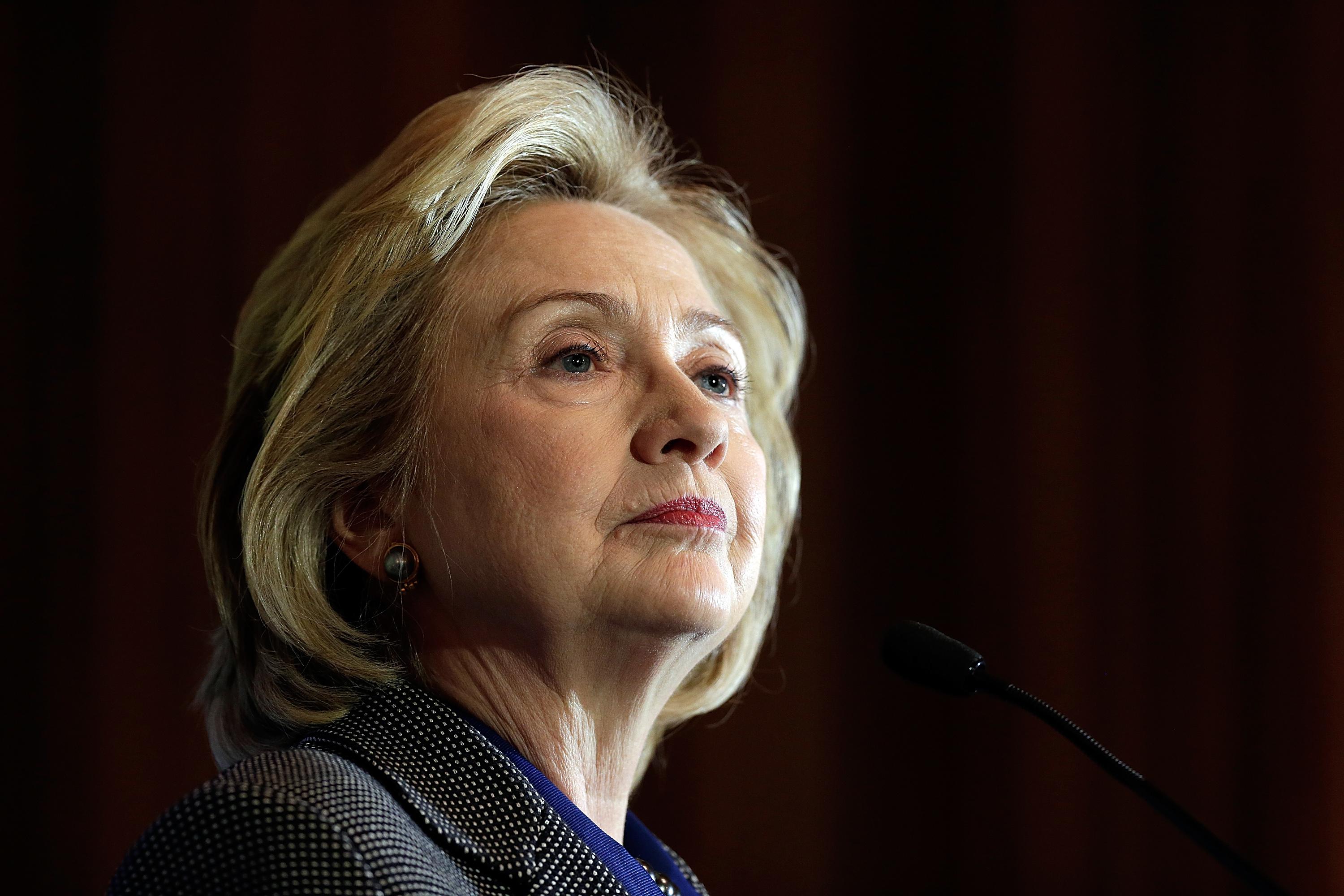My hands will probably amputate themselves and run away like Edward Gorey cartoons if I write anything else about Mike Huckabee and the Great Libido Debate. Luckily, Jessica Valenti has a smart column that bookends the story. In 2008, writes Valenti, sexist attacks on Hillary Clinton got covered but didn’t really change storylines about her. (I’d argue that the “Iron my shirt!” heckle did help her, because of the way media works in the days around the New Hampshire primary, but that’s an exception that proves the rule.) But since then, Twitter has started driving the news.
[U]nlike most Internet outrage, feminist Internet outrage gets results. And it will give the Clinton campaign — and Hillary supporters — a weapon they did not have last time around.
Breast cancer organization Susan G. Komen for the Cure, for example, had to reverse its 2012 decision to pull funding from Planned Parenthood within just three days, thanks to more than 1.3 million angry tweets and thousands of Facebook comments. (Planned Parenthood raised $3 million over the controversy.) The same year, online activism also brought down Virginia’s proposed transvaginal ultrasound mandate for women seeking abortions. Feminists started a hashtag campaign on Twitter calling it “state rape,” which resulted in widespread media attention; the legislation was eventually amended.
Last week, while talking to protesters at the March for Life, it was hard to miss how the anti-abortion movement had adjusted to the waves of online feminist anger and activism. Pennsylvania activists told me that their state’s ultrasound law was stymied—despite total Republican control of the state—after the backlash to Virginia’s law spooked politicians. It felt a little defeatist, honestly. Just 11 months ago, these same pro-lifers had goaded the media into more coverage of the Kermit Gosnell trial, using the same tactics (Twitter, mostly) that feminists used on them. Reporters use Twitter, lots of us obsessively use it, and we can’t help but be influenced when a trend breaks through. The national celebrity of Wendy Davis began not just when she filibustered the state’s abortion law, but when Twitter noticed that this filibuster was being live-streamed.
So, yes, I think this is a net plus for Hillary Clinton. As long as social media and shares and retweets influence coverage, the first female presidential nominee is going to have armies behind her.
